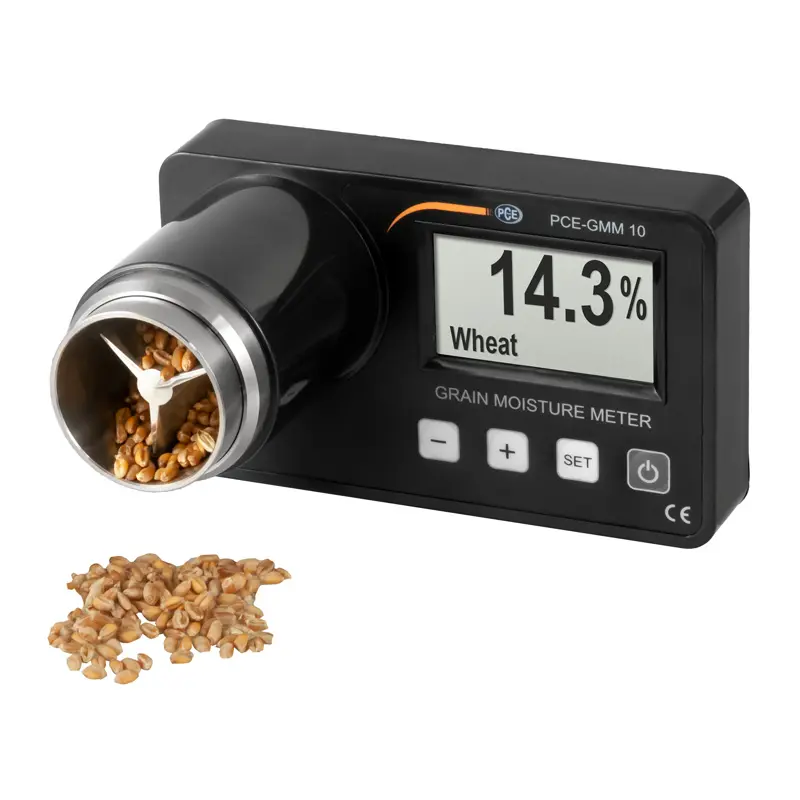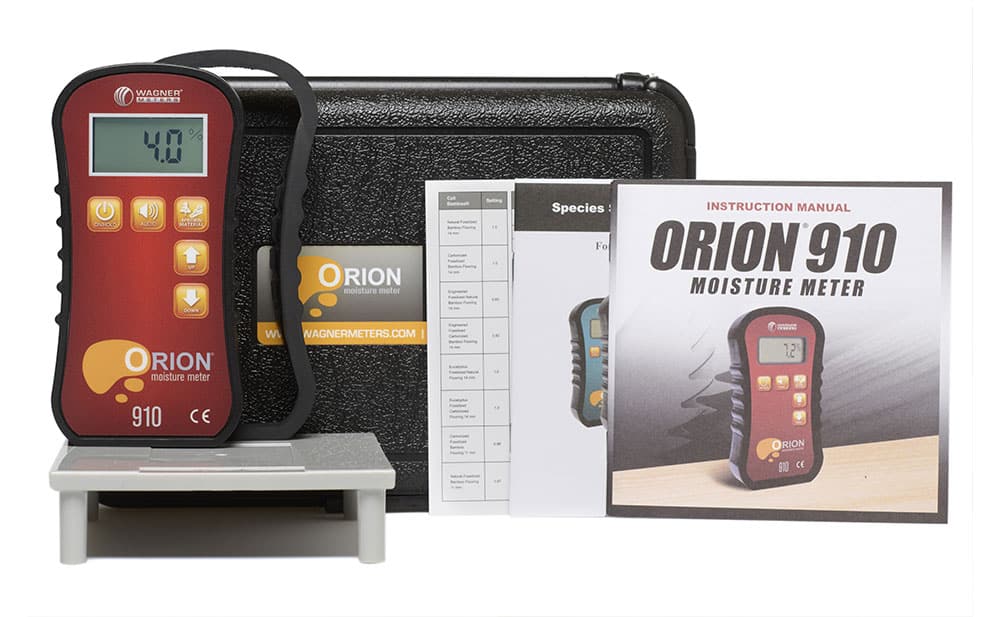Comprehending the Various Kinds Of Moisture Meters and Their Applications
The Ultimate Overview to Wetness Meters: A Comprehensive Summary and How They Can Conserve You Cash
Dampness meters serve as essential devices in spotting and keeping an eye on moisture material in products, aiding in stopping pricey damages and guaranteeing the top quality of products. Understanding the nuances of various types of wetness meters, their applications, and the prospective cost-saving benefits they offer can be a game-changer for experts and organizations alike.
Kinds Of Moisture Meters
One common type is the pin-type wetness meter, which determines the electrical resistance between two pins placed right into a product. Pinless wetness meters, on the various other hand, use electromagnetic sensor plates to check a larger location without triggering damage to the material's surface.

Infrared moisture meters determine the thermal buildings of a product to determine its wetness content non-invasively, making them beneficial for applications where pin or pinless meters might not be suitable. Recognizing the different kinds of dampness meters available can assist industries select the most ideal tool for their details moisture dimension demands.

Benefits of Making Use Of Wetness Meters
Wetness meters use important benefits in accurately examining and monitoring dampness levels in varied products and environments (Moisture Meter). One of the key benefits of using dampness meters is the prevention of prospective damages created by excess moisture. By discovering and addressing high dampness levels early, dampness meters help to stop mold and mildew development, rot, and architectural damage in buildings, saving both time and cash on fixings. Additionally, moisture meters aid in making sure the top quality of products throughout construction or manufacturing processes. By accurately measuring wetness web content, these devices aid keep the honesty of timber, drywall, concrete, and various other materials, decreasing the danger of failings or issues.
In addition, utilizing dampness meters can lead to enhanced power effectiveness. In farming settings, wetness meters play an important duty in enhancing crop returns by enabling farmers to keep an eye on dirt moisture degrees and make educated irrigation decisions.
Just How to Select the Right Dampness Meter
When choosing a moisture meter, it's necessary to make sure that the meter is appropriate for the particular material you will certainly be screening. Different materials have differing electrical homes that can impact dampness analyses, so choosing a meter made for your material is vital for exact outcomes. By thoroughly reviewing these variables, you can pick a dampness meter that meets your demands and supplies accurate dampness dimensions for your projects.
Correct Methods for Moisture Meter Use

Price Financial Savings Via Moisture Meter Applications
How can the tactical application of dampness meters lead to considerable cost financial savings across numerous markets? In the agriculture sector, wetness meters help in figuring out the optimal time for collecting plants, preventing excess or over-drying wetness that can influence the final item's quality.
In a similar way, in construction, dampness meters assist protect against expensive problems by finding dampness levels in structure products, such as timber or concrete, which can cause structural concerns if not resolved immediately. By recognizing issue locations early on, contractors can take restorative actions to avoid considerable repair work or substitutes, inevitably saving money and time.
Additionally, in the food handling sector, moisture meters are crucial for monitoring product top quality and ensuring compliance with security regulations. By accurately determining wetness web content in food, producers can stop perishing, maintain freshness, and decrease waste, leading to substantial price financial savings. Overall, the tactical application of wetness meters is a useful financial investment that can lead to substantial cost reductions and improved efficiency across different sectors.
Conclusion
In final thought, wetness meters are important tools for gauging and finding moisture levels in different materials. By utilizing the best moisture meter and following correct strategies, customers can effectively prevent pricey problems brought on by excess wetness. Buying a quality moisture meter can bring about considerable price financial savings in the future by determining prospective issues early on and enabling punctual removal. Ultimately, moisture meters are essential tools for preserving the integrity and long life of frameworks and materials.
Moisture meters offer as important devices in spotting and monitoring moisture web content in materials, helping in preventing expensive problems and guaranteeing the top quality of products. Infrared wetness meters measure click to find out more the thermal residential or commercial properties of a product to determine its wetness web content non-invasively, making them useful for applications where pin or pinless meters might not be ideal.Dampness meters supply very useful advantages in accurately checking and evaluating moisture degrees in varied materials and atmospheres. In farming setups, dampness meters play an important function in maximizing crop returns by making it possible for farmers to monitor soil wetness degrees and make notified watering choices.In conclusion, wetness meters are useful devices for determining and finding dampness degrees in various materials.